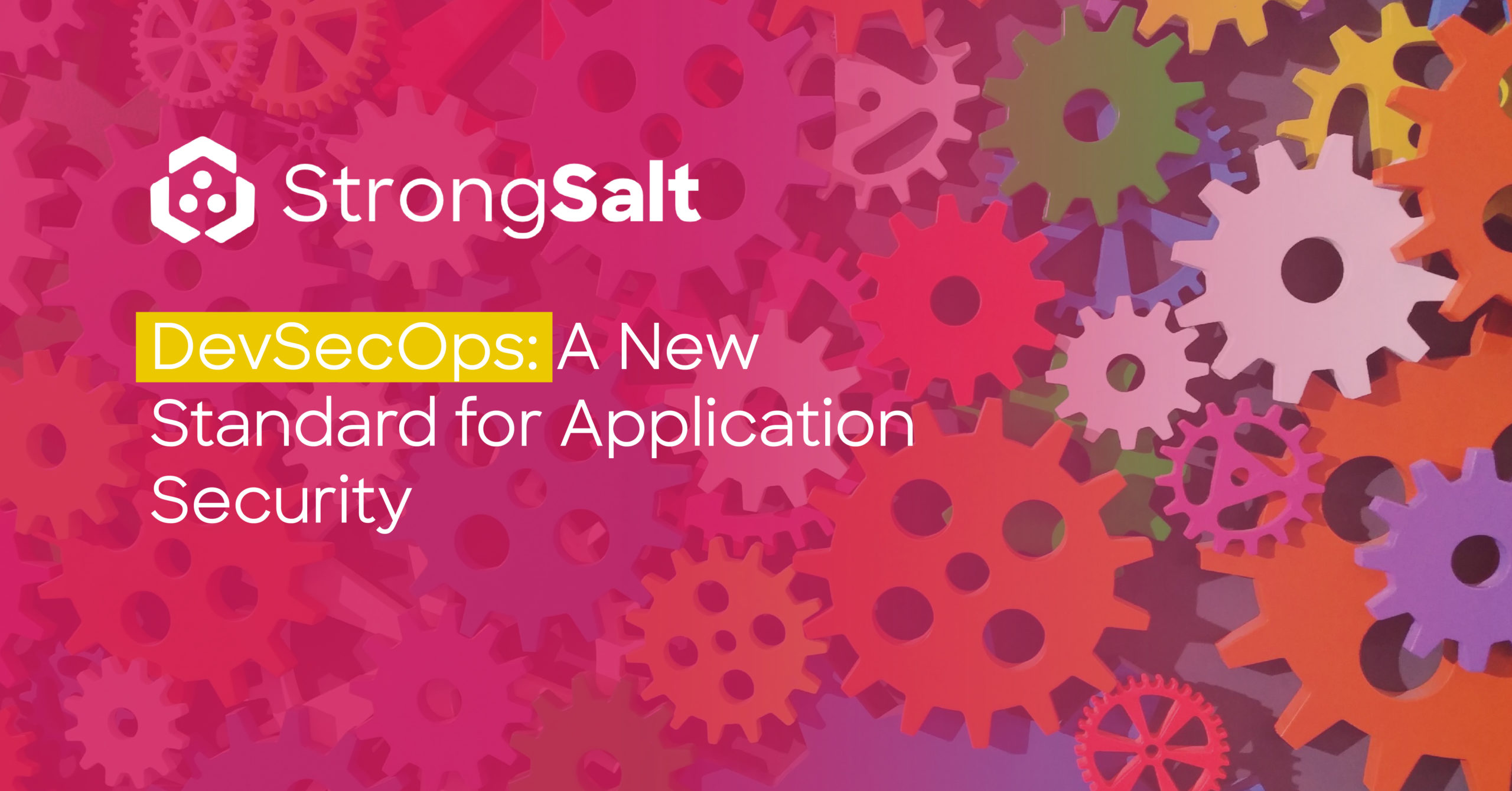
2019 was a year of explosive tech growth, capping off a decade when advances in automation, AI, and logistics transformed the way we work, communicate, and spend. We are more connected, better informed, and more comfortable than ever incorporating high-tech features into our daily lives.
All this convenience comes at a heavy potential cost — the increased vulnerability of our private data. Consumers must rely on companies and organizations to handle their data with care. The risks are high and all-too-real. Stolen data can lead to fraud, financial loss, and worse.
From a corporate standpoint, data theft is expensive on both a financial and reputational level. The 2019 IBM Cost of a Data Breach report estimated that a single data breach costs U.S. companies an average of $3.9 million. The impact on future business is harder to measure, but it is no doubt significant.
As enterprises charge ahead into the new decade, addressing data security concerns will only become more urgent.
When it comes to the DevOps process, data security must be carefully considered before moving forward. Several issues are driving the charge — regulatory compliance, the mounting cost of data breaches, and increased consumer concern, to name a few.
Developers must take a proactive approach to building security into programs.
DevOps Security Challenges
Software and application development has always been a complex undertaking. The increasing vulnerability of corporate and consumer data has only added to this complexity.
There are several related issues DevOps teams must consider before embarking on new projects.
Speed to Market
DevOps teams are often under the gun to bring software to a competitive marketplace. While this approach may make sense in theory, foregoing data security in favor of speed is a risky prospect.
Hackers love when developers rush an application to market. DevOps teams are less likely to have taken the proper security precautions, and hackers are all too eager to exploit the related security gaps.
Planning Pitfalls
Security is often an afterthought in the development process. It is much more difficult to add security after the fact than it is to plan for it from the beginning. This approach can delay launches or worse — products launched with insufficient security that teams plan to address with a post-launch patch. All too often, the slap-dash method proves to be too little, too late.
Lack of Coordination
DevOps teams sometimes assume security issues will be handled by other personnel, or they are working within a process framework that doesn’t take security measures into account. Ultimately, projects can be passed back and forth between DevOps and SecOps professionals for weeks, if a SecOps team even exists.
Lack of Training
Many DevOps team members lack the experience to handle or recognize modern data security threats. Omissions and careless exposure to security risks like using newly released open-source code expose projects to needless risk.
Regulatory Compliance
Enterprises are under increased obligation to adhere to the regulations laid out in the General Data Protection Regulation (GDPR) and California Consumer Privacy Act (CCPA). Failing to stay in compliance can result in hefty fines and a significant impact on bottom-line revenue.
As teams develop new applications, they must address regulatory concerns from the start.
Under the GDPR and/or CPAA, organizations must:
– Quickly retrieve consumer data when requested
– Provide information to consumers about how their data is being stored, shared, and collected
– Get consent to collect data from consumers under 16, and from the parents of consumers under 13
These regulations and others can directly impact the development of applications and software. DevOps teams must become well-versed in these regulations and yet-to-come legislation, as well. Data protection concerns are hot topics in the political and social arenas. The result is a continually evolving standard for how organizations manage consumer data.
Changing Mindsets
Organizations are increasingly taking consumer data protection into account when making important decisions. Data security is of concern at nearly every decision point, from customer service issues to the storage of identifying information.
Some companies are still not applying this mindset to application and software development to their detriment. Market forces, compliance issues, and consumer pressure will force these enterprises to do so at some point.
Transitioning from DevOps to DevSecOps
The culmination of security issues around application development will inevitably lead to a need for DevOps and SecOps tasks to merge at a fundamental level. When developers build security into software from the beginning of a project, the result is a more robust product in terms of data security.
The process of integrating security into DevOps procedures requires a top-down approach with buy-in from upper management. Organizations that reach a point where data security is a priority can inspire a culture of collaboration that will produce good decisions and best practices around data security.
Over time, the positive impact of this transition will become clear. Applications will be developed more efficiently and released with more confidence. Upgrades to the corporate infrastructure, such as automation, have the potential to produce a leaner, faster, better-secured organization.
StrongSalt understands data and the importance of protecting it wherever it lives. Both companies and consumers depend on data security.
StrongSalt can empower you to confidently promise your clients the best when it comes to securing their important data. Find out how.
StrongSalt Articles You Might Like
StrongSalt Selected As Finalist For 2020 SXSW Pitch
Engineers: You’re Doing Encryption Wrong & Your Security is At Risk
API vs. SDK: Choosing the Best DevOps Tool for your Brand
Is Unsearchable Encrypted Data Holding You Back?
Encryption Key Rotation is Useless — Here’s Why